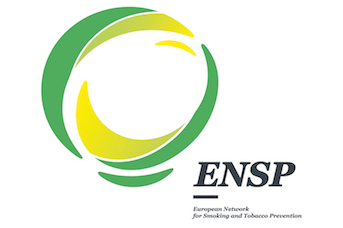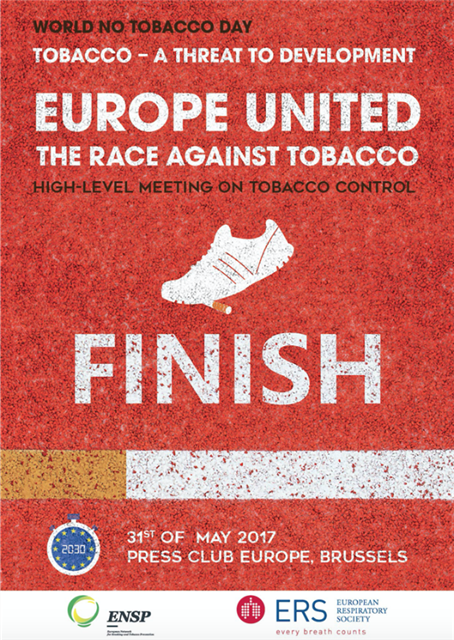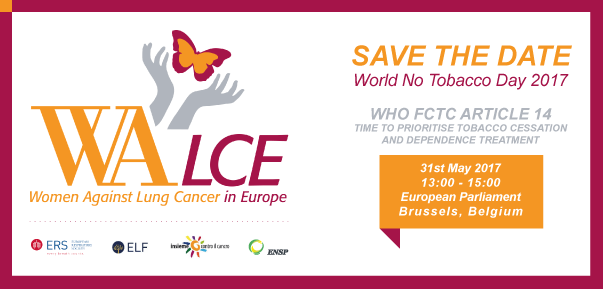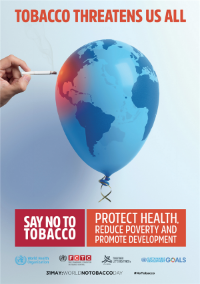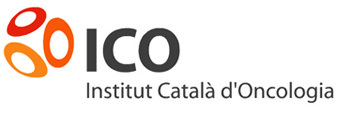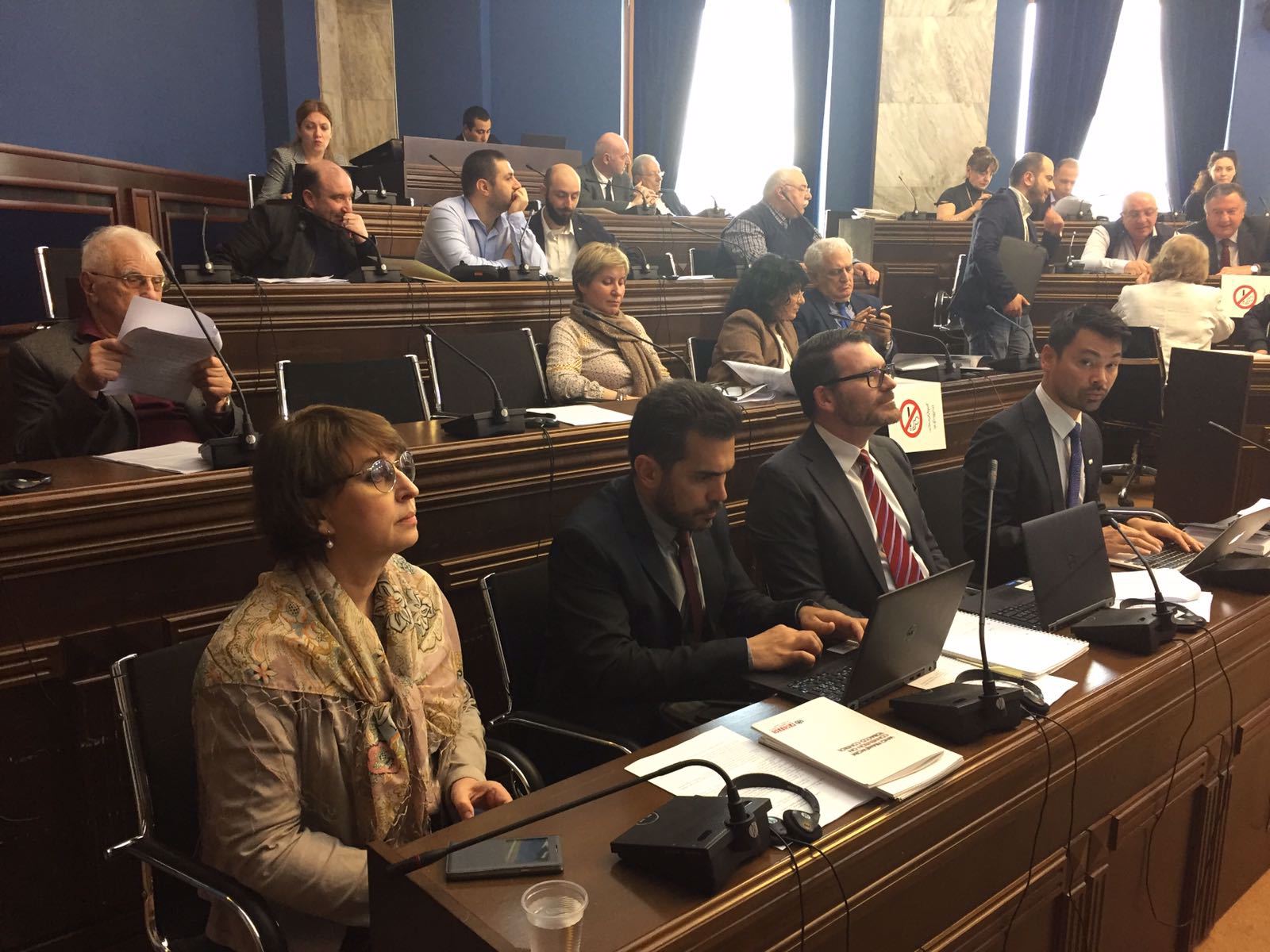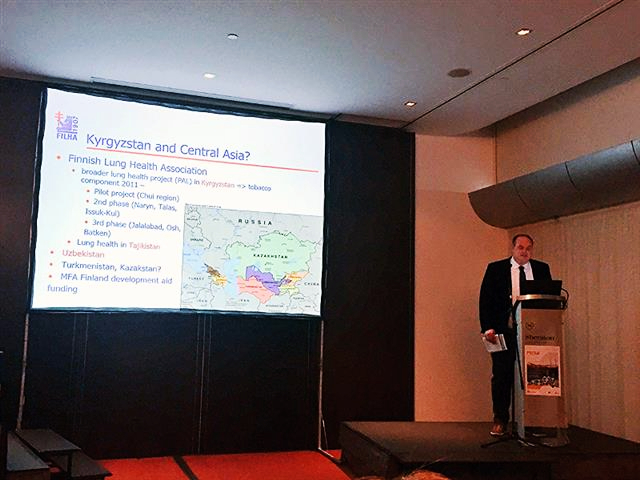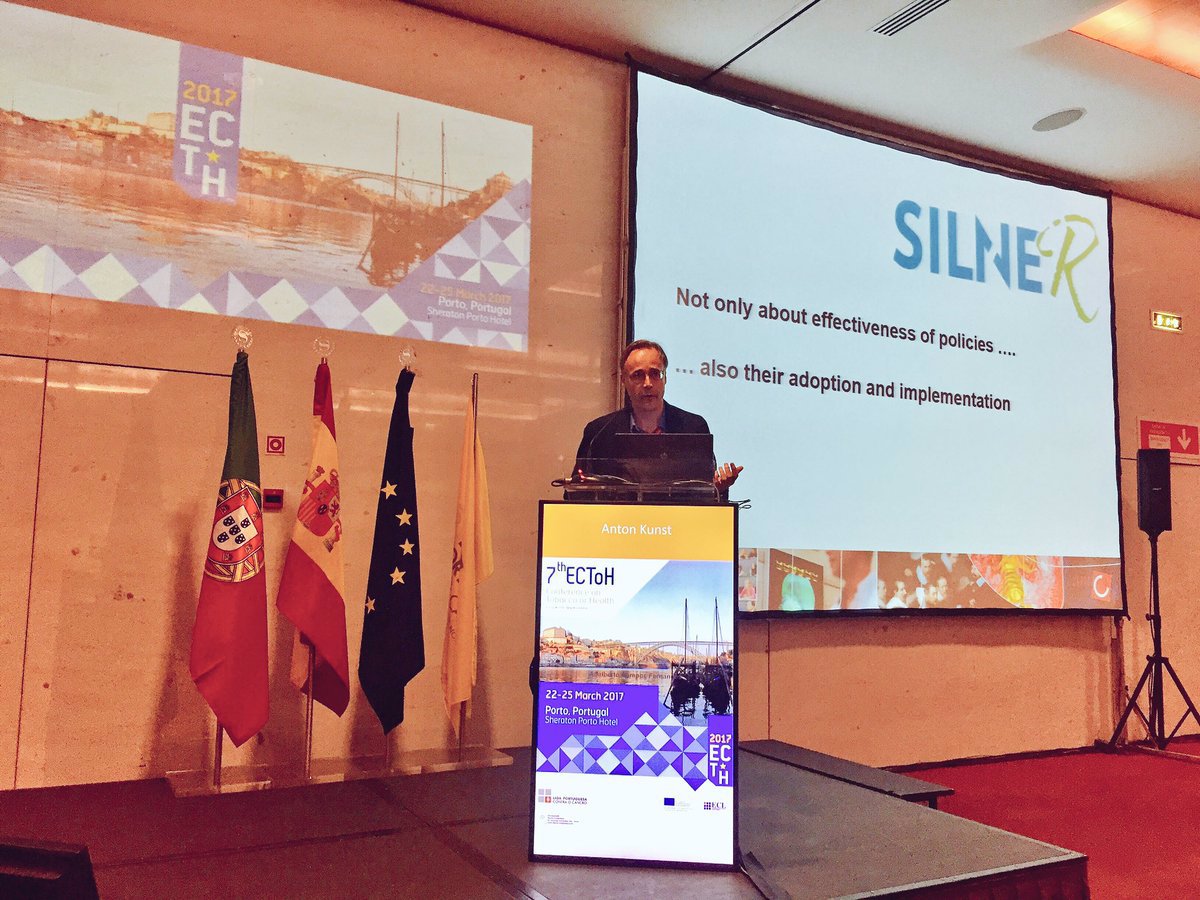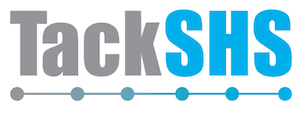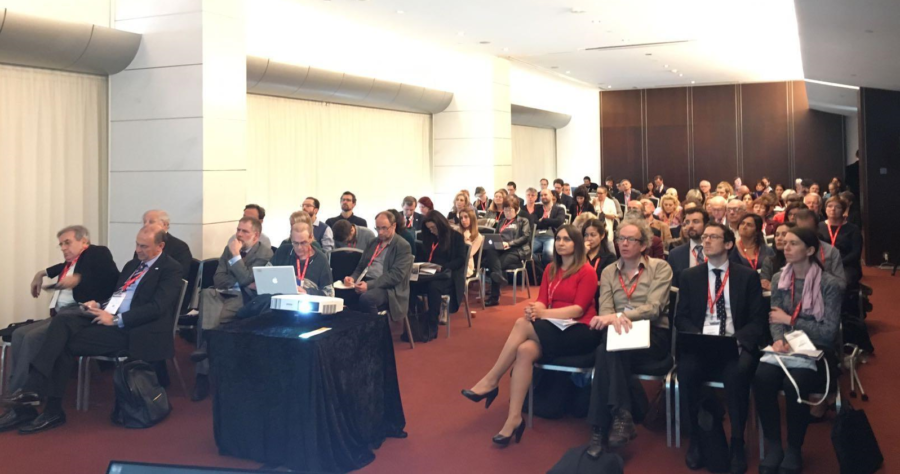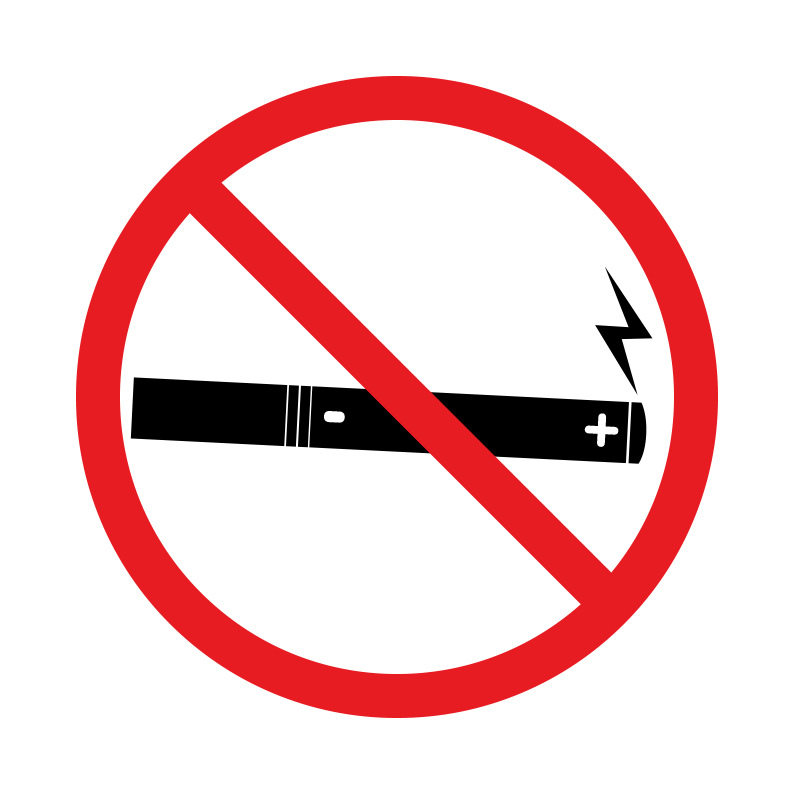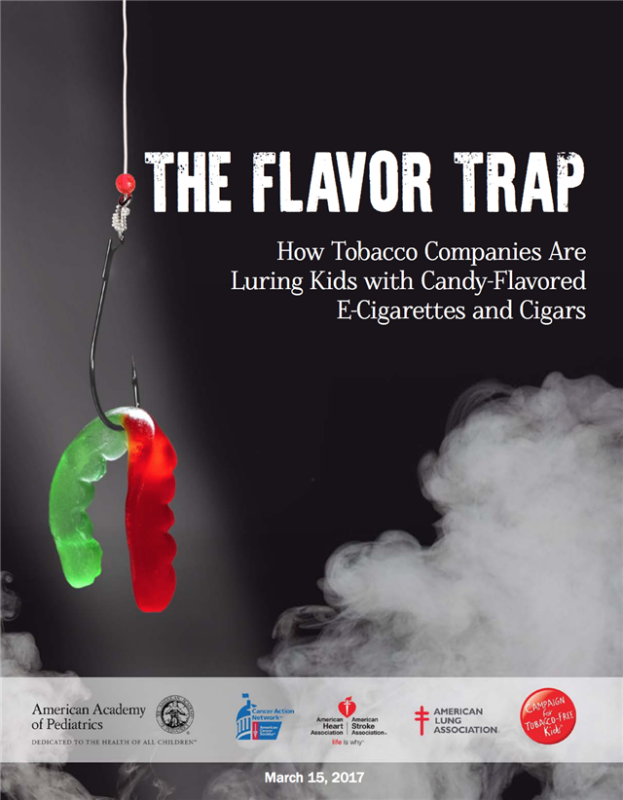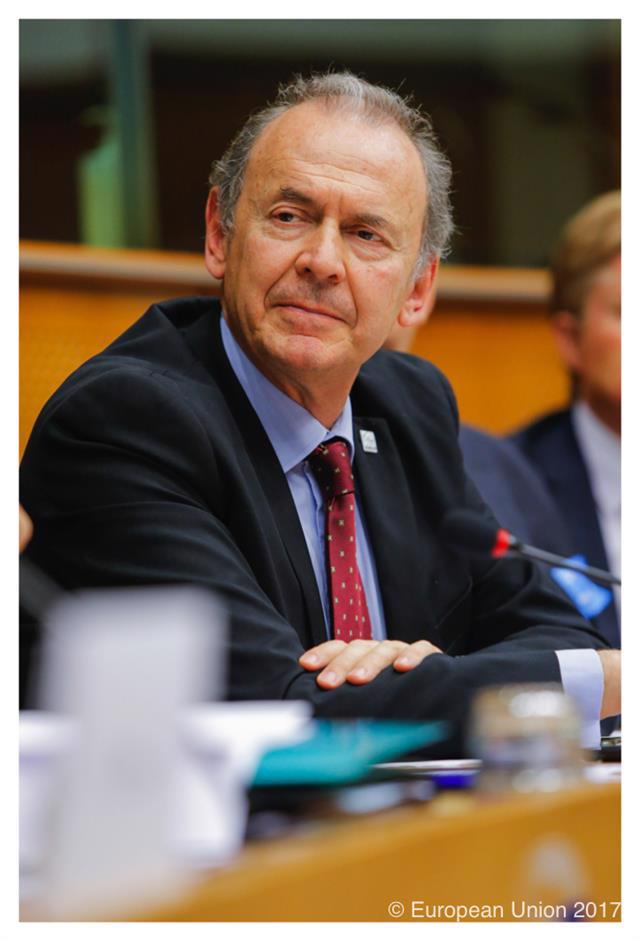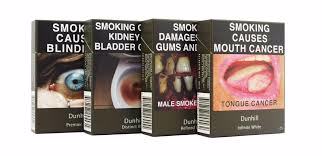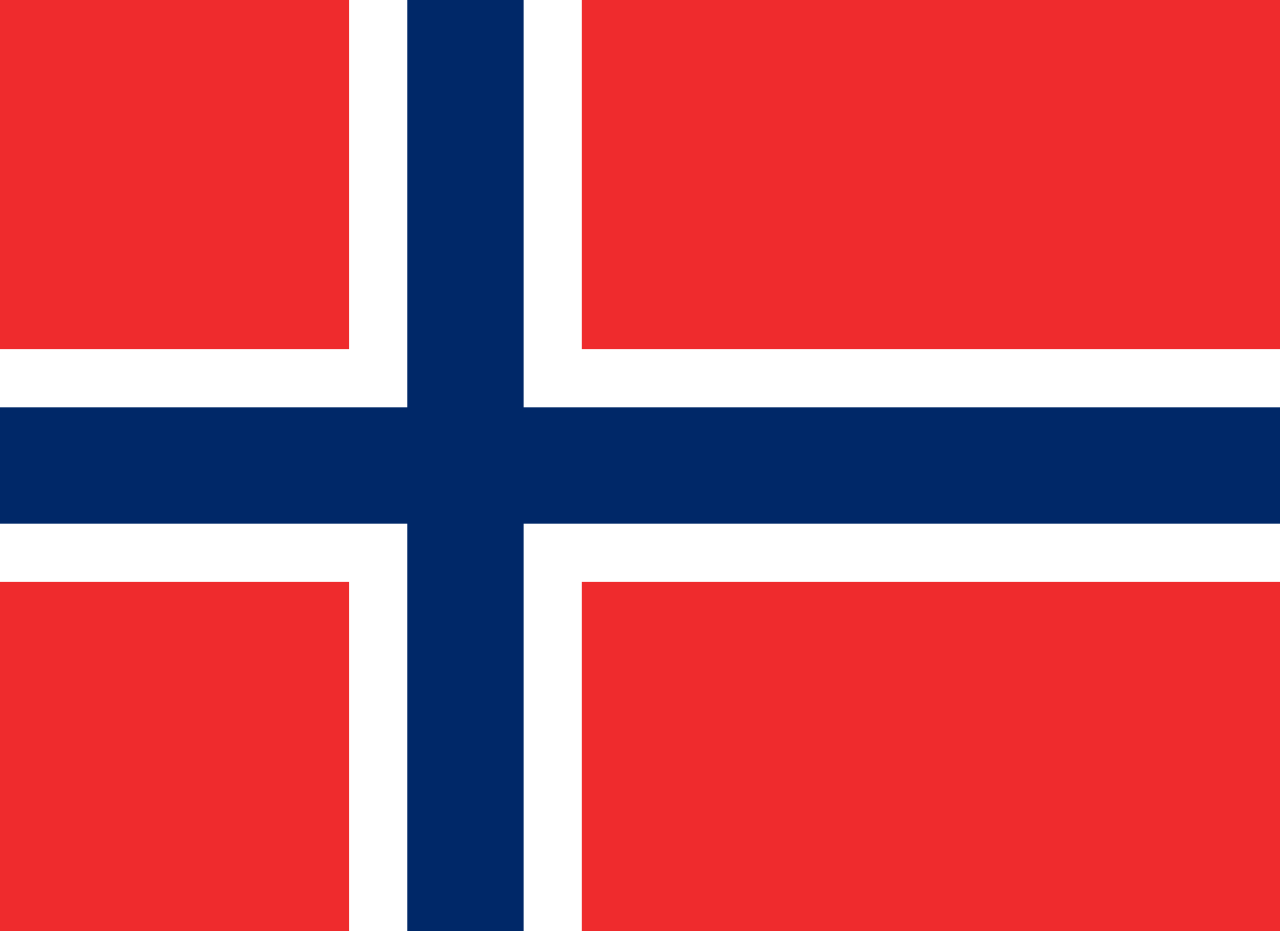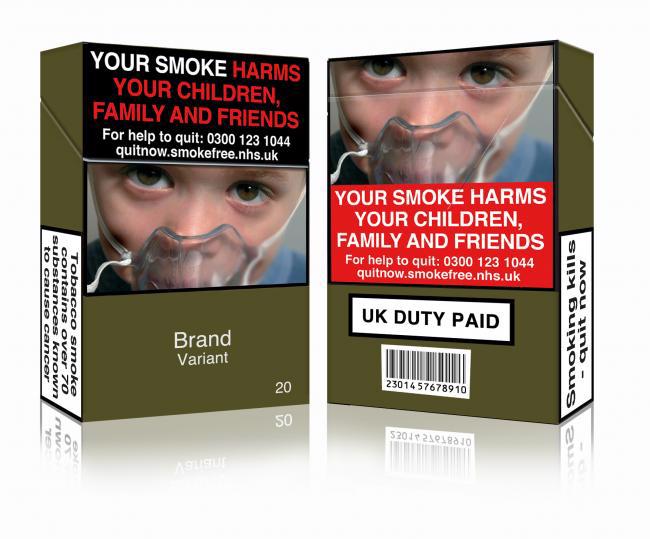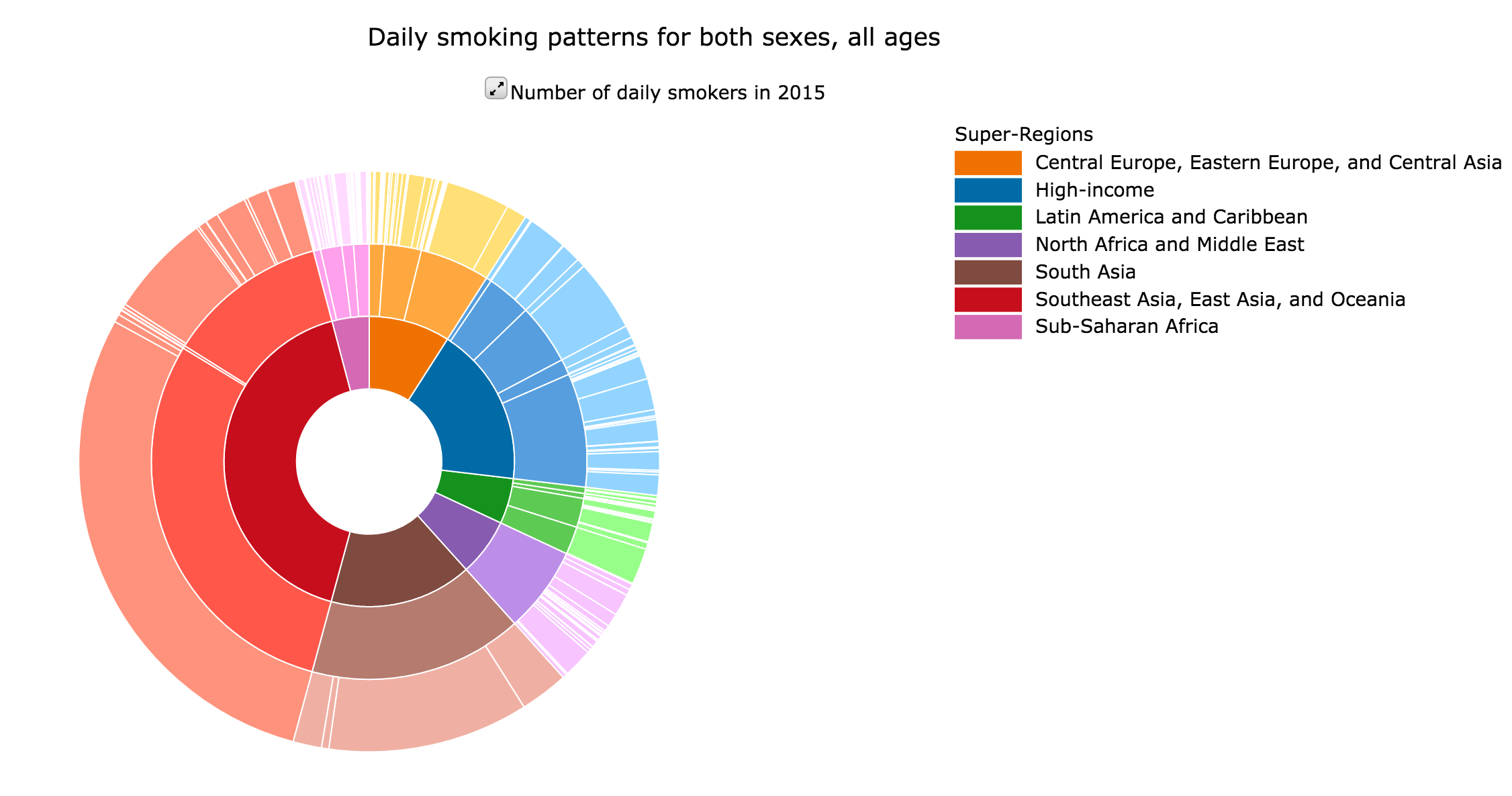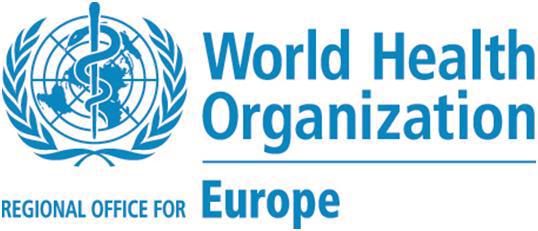|
|
ENSP International Conference on Tobacco Control
Athens (Greece), 24-26 May 2017
|
|
|
The 2nd Annual International Conference of the European Network for Smoking and Tobacco Prevention will be hosted in Athens on 24-26 May 2017.
We are pleased to announce the program is now available and includes 6 plenaries, 8 project meetings, 24 parallel sessions and a hands on training on various debated and timely topics: tobacco control and global development goals, Article 5.3, the FCTC-TPD implementation, second-hand tobacco smoke and e-cigarettes emissions, NGOs advocacy, regional health promotion, IT communication by health professionals, e-cigarettes, tobacco economics, illicit trade, dependence treatment, Cessation and Article 14, society and human rights, global next steps of tobacco control etc.
Follow the program updates via the conference website.
|
|
|
ENSP Conference, 26 May 2017:
Workshop on Tobacco Control Advocacy for Health Care Professionals |
|
|
The workshop "Tobacco Control Advocacy for Health Care Professionals" will be organised as a 90-minute interactive and hands-on training, which, apart from the presentations, actively engages the participants by providing them practical group task and following up with advice and evaluation.
Co-chairs: Cornel Radu-Loghin (ENSP); Katie Kemper (Global Bridges)
Topics and presenters:
- Just what the doctor ordered: principles of HCP advocacy. Joshua Abrams, Director, Eurasia Programs, Campaign for Tobacco-Free Kids.
- Making an impact on policy: personal perspective. Dr. Francisco Rodriguez Lozano, ENSP President.
- Skills development session. Olga Knorre, Advocacy and Media Coordinator, Campaign for Tobacco-Free Kids.
Session Objective and Overview:
Global Bridges is a worldwide network of healthcare professionals (HCPs) and organisations dedicated to advancing tobacco dependence treatment. While the primary focus of our work is cessation support (Article 14), healthcare professionals can add a uniquely credible and impactive voice to advocacy in other policy areas, such as smokefree policy or tobacco taxation. The objective of this session is to raise awareness among HCPs of the broader impact they can have through advocacy, prepare them with necessary skills, and inspire them to seek opportunities for skills development.
Due to the format of the session we kindly suggest to pre-register for the workshop by sending an email to the Organising Committee.
Read more... |
|
|
Save the Date:
ENSP-ERS Celebration of World No Tobacco Day 2017 |
|
|
| *Priority places reserved for Public Health Officials and media |
|
|
|
Event by Women Against Lung Cancer in Europe
|
|
|
On the occasion of World No Tobacco Day 2017, Women Against Lung Cancer in Europe (WALCE), in partnership with the ENSP, European Respiratory Society (ERS), the European Lung Foundation (ELF) and Insieme Contro il Cancro, organises a high-level event titled “WHO FCTC Article 14 – Time to prioritise tobacco cessation and dependence treatment.”. The event will be hosted from 13:00 to 15:00 by Italian MEP Alberto Cirio. The aim of this session is to provide delegates with valuable information and good practice in order to advocate for the implementation of WHO FCTC art.14 at national level.
Register here.
|
|
|
World No Tobacco Day, 31 May 2017 |
|
|
Tobacco – a threat to development
Every year, on 31 May, WHO and partners mark World No Tobacco Day (WNTD), highlighting the health and additional risks associated with tobacco use, and advocating for effective policies to reduce tobacco consumption.
The theme for World No Tobacco Day 2017 is "Tobacco – a threat to development."
|
|
|
|
|
About the campaign
- It will demonstrate the threats that the tobacco industry poses to the sustainable development of all countries, including the health and economic well-being of their citizens.
- It will propose measures that governments and the public should take to promote health and development by confronting the global tobacco crisis.
Read more... |
|
|
Welcome to our new members |
|
|
SPAIN - Catalan Institute of Oncology
The Catalan Institute of Oncology (ICO) is a public centre working exclusively in the field of cancer. Its approach to the disease is comprehensive, combining, all in one organisation, prevention, care, specialised training and research. The ICO is a public company created in 1995 by the Ministry of Health of the Government of Catalonia. It went into service a year later, operating from the Hospital Duran i Reynals in L'Hospitalet de Llobregat. Seven years later, in 2002, ICO Girona opened its doors, located in Hospital Universitari Doctor Josep Trueta, followed by ICO Badalona a year later, at the Hospital Universitari Germans Trias i Pujol. In 2014 is launched ICO Camp de Tarragona and Terres de l'Ebre, in Hospital Universitari Joan XXIII and in Verge de la Cinta.Currently, ICO is an oncology referral centre for more than 40% of the adult population of Catalonia.
DENMARK – Danish Heart Foundation
Hjerteforeningen is Denmark’s second largest patient organisation, founded in 1962, and currently consists of 143,200 members.
The Danish Heart Foundation wants to
- Be a unifying player on prevention
- Contribute to a good life for all Danes with cardiovascular diseases and their families
- Ensure good organizational framework to support voluntary efforts
- Have greater visibility and brand awareness
- Through own research and support for other environments free and thematic research show all relevant partners, The Danish Heart Foundation is the right to cooperate and share its data with
- Increase revenue from individuals, companies and foundations significantly
|
MALTA – Individual member – Dr Christine Baluci (MD MSc)
|
See the map of ENSP members. |
|
|
New smoke free legislation in Georgia under heavy influence by tobacco industry
|
|
|
The Parliament of Georgia is currently discussing a new smokefree law, which includes smokefree policies in public places and work places, ban on Tobacco Advertising Promotion and Sponsorship, and the implementation of the TPD as an associated EU member. With heavy influence and interference from the tobacco industry however, the draft law is facing numerous challenges prior to its second hearing in Parliament on 3 May.
|
|
|
|
|
In June 2016 the Government of Georgia presented its official conclusions on a proposed legislative package to strengthen tobacco control in Georgia. The majority of the proposals were considered adopted in the first hearing. In April 2017 however, a new governmental conclusion was adopted with the aim to influence the Parliament decision and derail the adoption of the draft law.
George Bakhturidze, Director of the FCTC Implementation and Monitoring Centre Georgia, comments:
|
|
|
“The Government conclusions of April 2017 clearly demonstrate the enormous impact of the tobacco industry on Georgian policy-makers and ultimately on the health of children, young people, and adults in the country. In this situation we need to be strong and insist on the respect for the health of our citizens, our legal obligations under the WHO FCTC, and the right for young Georgians and future generations to grow up without the heavy exposure to tobacco they are experiencing now.“ |
|
|
|
|
Three Successful ENSP Sessions at ECToH 2017
|
|
|
The European Conference on Tobacco or Health (ECTOH) Porto, Portugal – 23-25 March 2017 was a valuable gathering for everyone who works in tobacco control in Europe as well as abroad and a provided a great networking opportunity among participants. The European Network for Smoking Tobacco Prevention (ENSP) organized three successful symposiums, which were all attended by a high number of international delegates. The sessions focused on most recent European research in tobacco control, advocacy, cessation and preventive measures relevant for decreasing tobacco consumption among young people and implementing WHO-FCTC Art.14 on treating tobacco dependence.
ENSP members also presented their work at several parallel sessions, poster sessions and presentations throughout the conference.
Read more...
|
|
|
High presence of TackSHS Project at the 7th European Conference on Tobacco or Health
|
|
|
TackSHS was presented at various occasions in both parallel sessions and oral Communications during the 7th European Conference on Tobacco or Health (ECToH) 2017 taking place in Porto, Portugal on 23-25 March 2017. The TackSHS Session on 23 March attracted a large audience of academics, advocates and stakeholders in Tobacco control, for the presentation of scope and progress in eight TackSHS work packages as well as following discussion.
TackSHS was also presented by Project Coordinator Esteve Fernandez in the session “ENSP Projects – Science and research for Tobacco Control” on 23 March.
Finally, Guiseppe Gorini from the Institute for Cancer Prevention Studies (Florence, Italy) and Esteve Fernández, project coordinator, presented some of the TackSHS findings in oral communications on 25 March.
Read more...
|
|
|
Scotland makes progress on e-cigarettes regulations:
Ban of sales to under-18s
|
|
|
A new law in Scotland, that came into effect on 1 April, has made it illegal to sell e-cigarettes to minors. This new law brings Scotland on the same level as England, where a similar law was passed in October. According to the law, shops selling nicotine vapour products (NVPs) will be required to have an age-verification policy. Also, anyone buying these products for an underage person will also be breaking the law. This new measure will be complemented with restrictions on e-cigarette advertising and a ban on e-cigarette vending machines, both to be introduced later during 2017.
Read more... |
|
|
ASH Scotland: Potential effects of second-hand vaping
|
|
|
The briefing prepared last month by ASH Scotland focuses on the non-user inhaling emissions exhaled to the air by e-cigarettes users. Reflecting on the possible effects of second-hand vaping, they conclude that there is currently no proof of its harmful impact on general public health in comparison to the obvious negative effect of second-hand smoke. This lack of evidence complicates the implementation of legal measures restricting vaping in all indoor public places.
Nonetheless, policymakers have to consider indoor e-cigarettes ban in certain premises where vaping causes the exposure to the exhaled emissions by vulnerable groups of population (including children and people with health conditions).
Read more... |
|
|
EU Commission creates an Independent Advisory Panel on characterising flavours in tobacco products
|
|
|
On 06 April, the European Commission announced that six members were appointed to its Independent Advisory Panel on characterising flavours in tobacco products. This independent panel will be tasked to figure out whether or not a tobacco product can be said to have a characterising flavour as defined under the EU Tobacco Products Directive.
|
|
|
|
|
The members of the board were appointed from a pool of applicants, with a view to a competence, geographic and gender balance. Also, the selection aimed to ensure the independence and the absence of any conflicts of interest for the selected members. This panel will be able to request input from a technical group of scientific assessors, also to be established by the Commission via a similar procedure.
The panel meets for the first time on 01 June 2017.
Read more...
|
|
|
Flavour trap: Kids are being lured into smoking by flavored products
|
|
|
A report prepared by Campaign for Tobacco-Free Kids, dated 15 March 2017, highlights problems regarding candy flavoured e-cigarettes and cigars, and demonstrates that the tobacco industry uses these products to lure kids into smoking. According to the report:
- As of 2014 there are more than 7,700 unique e-cigarette flavors in the US, with an average of more than 240 new flavors being added per month;
- Sales of flavored cigars have increased by nearly 50 percent since 2008, From 2011 to 2015, the use of e-cigarettes among high school students increased more than tenfold;
- 81 percent of kids who have ever used tobacco products started with a flavored product. |
|
|
|
|
The report concludes that, in light of these figures, strong FDA regulation is necessary to protect kids from being lured into smoking through these flavored products.
Read the full report.
|
|
|
Summer Course Health Promotion & Health Communication, 3-7 July 2017 Maastricht
|
|
|
The Summer Course Health Promotion & Health Communication is organized by the Department of Health Promotion, which is situated within school CAPHRI and the Faculty of Health Medicine and Life Sciences of Maastricht University. The course leaders are Prof. Hein de Vries, professor in Health Communication, and Dr. Francine Schneider, assistant professor Health Promotion.
Health Communication and Health Promotion are important fields for researchers, practitioners and policy makers. The goal of the course is to provide an overview of important relevant theoretical perspectives, taking the motivational approach as a starting point: how can we motivate individuals and organizations to adopt healthy behaviors and policies? In particular, the transition of theory into practice will receive substantial attention by working in small groups on a mutual problem.
The program lasts 5 days and includes the following topics:
July 3: Planning and Stakeholder Involvement
July 4: Motivational Determinants
July 5: Behavior Change
July 6: Tailoring Strategies to the target group and stakeholders
July 7: Evaluation
Read more and apply... |
|
|
Do you have an event coming up or news to celebrate?
Would you like to share your best practices or inform about local initiatives?
Share your work and promote you activities among 1000 colleagues in Europe and around the globe via
The Network - ENSP monthly newsletter
|
|
Dr. Francisco Lozano reflects on tobacco control in Europe and current position of Spain
|
|
|
ENSP president, Dr Francisco Rodríguez Lozano, has analysed for ConSalud.es the policies that are being carried out at the European level to harmonise the regulations aiming to reduce tobacco consumption.
Europe is still characterised with very high smoking prevalence figures, and the TPD and FCTC implementation at local level is the first and very important step for the member states in their endeavour to protect public health from the harm of smoking.
Some years ago Spain was one of the leaders in tobacco control and currently it is lagging behind with the transposition of the TPD provisions, along with Croatia and Luxembourg.
Dr. Lozano expresses his concern about the lack of attention from the policymakers; and he believes, that despite other pressing issues that require funding, smoking prevention and tobacco regulation should be adequately addressed as a threat it is to public health in Spain.
|
|
|
|
|
ENSP President strongly supports the initiative of standardised packaging that some EU countries has already adopted or committed to introduce. Spain should follow these positive examples and adopt plain packaging as well. While stressing the importance of smoking prevention among youth, he mentions the effect of standardised packaging on young people who might start smoking. He believes it can divert the youth from picking up this harmful habit.
Moreover, he touches upon the topic of e-cigarettes raising popularity. He advises to address this product with necessary caution, as though there is no sufficient evidence to estimate its effect on general health and though they are less harmful than tobacco, they are also toxic.
Dr. Lozano concludes that at the moment it is not possible to talk about complete ban of smoking (because in Spain one in four people smokes), but smoking has to be surrounded by awareness of its risks, with laws that strictly regulate it and with tax penalties making smoking less accessible, especially to the most vulnerable group, the young people.
ENSP strives to contribute to improved tobacco control in Europe by doing advocacy work on the implementation of the TPD and FCTC and promoting the Illicit Trade Protocol, which has only been ratified by four countries in Europe (Spain is among them). As goals, ENSP aims for the 5% reduction of tobacco by 2040 in Europe and a full implementation of the framework agreement around 2020.
Read the full interview (Spanish). |
|
|
Presidential Elections in France: the Moment to rebuild an ambitious French anti-smoking campaign -
Proposal by CRAPS
|
|
|
The French think tank "CRAPS" (Club de Réflexion sur l'Avenir de la Protection Sociale) launched a new website at the occasion of the French Presidential election to be held in April-May 2017. The website includes a section on tobacco control, where interested people can see the positions of French Presidential candidates on tobacco control measures. |
|
|
|
|
Unfortunately, this essential theme is not sufficiently highlighted and debated in public space during this electoral sequence of 2017. Thus, both CRAPS and DNF (Droits des Non-Fumeurs) feel the duty of drawing attention to this matter as the problem of smoking, which is a public health scourge, should be at the core of the candidates' proposals.
Upcoming presidential and legislative elections are an opportunity to publicise analyses and make proposals for public health and the French model of social security. Stephen Lequet, representing CRAPS abd DNF, composed a proposal with the goal of reviving tobacco control in France. Titled "Lutte contre le tabagisme" (the Fight against tobacco), this booklet on tobacco control describes the general effect of smoking on public health, the costs it entails for French government and society and emphasises that the tax and pricing instruments haven't been exercised to necessary extend. To that end, Mr. Lequet concludes the work with the following proposals:
1. Use the tax instrument to carry out specific policy of price increase.
2. Improve control and ensure the effectiveness of legislation.
3. Strengthen the ban on smoking and expand tobacco free areas.
4. Help smokers quit.
5. Prevent smoking and protect children.
6. Relieve tobacconists from their dependence on the tobacco industry.
"Lutte contre le tabagisme" appeals to the candidates and policymakers and, hopefully, the proposals will stimulate strong and determined political ambition against smoking.
Read the full text of the proposal.
Watch the accompanying video.
|
|
|
Plain packaging: Key achievements in Norway, Ireland and the UK
|
|
|
Congratulations to Norway on adopting standardised packaging provision
|
|
|
The standardised packaging provision in Norway will enter into force on 1 July 2017, and regulatory provisions on transitional rules (e.g. the length of transitional periods for the industry) will be determined before the date.
The industry and retailers will be granted a transition period of up to one year – starting from 1 July 2017 – to phase out old stocks of goods. This means that all RYO cigarettes, cigarette and snus pack must be sold in standardised packs as from 1 July 2018. There will be exceptions for certain product groups such as cigars and pipe tobacco.
|
|
|
|
|
Moreover, the law regulates the use of e-cigarettes in public places. In the environments where it is currently not allowed to smoke (all indoor premises, workplaces, and public transport among others), the use of e-cigarettes will be also prohibited starting from 1 July 2017. The government intends to protect vulnerable groups from the exposure to second-hand emissions of e-cigarettes vapour.
Read the full press release (Norwegian).
|
|
|
Ireland introduces Plain Packaging as from September 2017
|
|
|
On 29 March 2017, Irish Minister of Health, Simon Harris and Minister of State, Marcella Corcoran Kennedy announced that the legislation for the standardised packaging of tobacco is to come into force in Ireland as of September 2017. This follows the signing of the commencement order by Minister Corcoran Kennedy for thestandardised packaging provisions of the Public Health Act 2015. |
|
|
|
|
In practice, this means that all tobacco products manufactured for sale in Ireland from 30 September 2017 must be in standardised retail packaging. There will be a wash through period of 12 months allowed, which means that products manufactured and placed on the market before 30 September 2017 will be permitted to stay on the market until 30th September 2018.
«Smoking is a significant cause of ill-health in Ireland. Almost 6,000 people die from tobacco related disease and tobacco use. That is 6,000 families who go through the pain of losing a loved one when the stark reality is that these deaths are unnecessary and avoidable. It has been estimated to cost Irish society a total of €10.7 billion annually in healthcare, productivity and other costs. The Government is committed to changing that and standardised packaging of tobacco products is one such evidence-based measure that will assist in achieving our overarching goal of having Ireland tobacco free by 2025», said Minister of Health, Simon Harris.
Both Ministers Harris and Corcoran Kennedy warmly thanked their colleague and former Minister of Health Dr James Reilly for initiating this process. They also thanked the Non-Governmental Organisations for their continued support for the initiative.
Ireland now joins Australia, the United Kingdom and France in enforcing plain packaging legislation.
Read the full press release.
Read more on plain packaging.
|
|
|
UK Supreme Court blocks any further opportunities of the Industry to challenge plain packaging
|
|
|
Tobacco firms in the UK can't appeal plain packaging. The UK Supreme Court has refused tobacco companies the right to appeal the country's plain packaging laws, following a case opened by British American Tobacco, Imperial Brands, Japan Tobacco International (JTI) and Philip Morris International. The tobacco companies had claimed that the laws infringe on their trademark rights. This final decision by the Supreme Court means that the plain packaging laws will surely take effect starting from 20 May.
Read more... |
|
|
German federal states confirm:
Illegal to cover up pictorial warnings
|
|
|
On 25 January 2017 a decision by the German federal states confirms that it is illegal to hide the health warnings on cigarette packages when displaying them in the stores.
Tobacco vendors in Germany try to cover the prescribed pictorial warnings on tobacco packs with pre-pack cards and in vending machines of tobacco, the cigarettes warnings are not shown until the pack comes out of machine.
|
|
|
|
|
Both cases are not permitted according to the law, which forbids partially or completely obscuring health warnings for tobacco products when placed on the market. The German Federal States are responsible for the enforcement of the prohibition and confirms the illegal nature of hiding the warning labels in a decision of January 2017. Germany is currently the only EU member state, which still allows for outside advertisement of tobacco products, something that has contributed to the country's placement as second-last on the Tobacco Control Scale released in March 2017. A draft bill of the federal government, whose consultation in the Bundestag has been delayed for almost a year, provides for a ban on the ban on trade at least from 2020.
Read the full decision (German).
|
|
|
Results of the Global Burden Study 2015: Trends in smoking prevalence and attributable disease burden 1990-2015
|
|
|
The scale-up of tobacco control, especially after the adoption of the Framework Convention for Tobacco Control, is a major public health success story. Nonetheless, smoking remains a leading risk for early death and disability worldwide, and therefore continues to require sustained political commitment. The Global Burden of Diseases, Injuries, and Risk Factors Study (GBD) offers a robust platform through which global, regional, and national progress toward achieving smoking-related targets can be assessed.
Main findings:
- Worldwide, the age-standardised prevalence of daily smoking was 25·0% (95% uncertainty interval [UI] 24·2–25·7) for men and 5·4% (5·1–5·7) for women, representing 28·4% (25·8–31·1) and 34·4% (29·4–38·6) reductions, respectively, since 1990.
- A greater percentage of countries and territories achieved significant annualised rates of decline in smoking prevalence from 1990 to 2005 than in between 2005 and 2015; however, only four countries had significant annualised increases in smoking prevalence between 2005 and 2015 (Congo [Brazzaville] and Azerbaijan for men and Kuwait and Timor-Leste for women).
- In 2015, 11·5% of global deaths (6·4 million [95% UI 5·7–7·0 million]) were attributable to smoking worldwide, of which 52·2% took place in four countries (China, India, the USA, and Russia).
- Smoking was ranked among the five leading risk factors by DALYs in 109 countries and territories in 2015, rising from 88 geographies in 1990.
- In terms of birth cohorts, male smoking prevalence followed similar age patterns across levels of SDI, whereas much more heterogeneity was found in age patterns for female smokers by level of development.
- While smoking prevalence and risk-deleted DALY rates mostly decreased by sex and SDI quintile, population growth, population ageing, or a combination of both, drove rises in overall smoking-attributable DALYs in low-SDI to middle-SDI geographies between 2005 and 2015.
Read more...
See the data visualisation tool.
|
|
|
WHO/Europe Tobacco Control Playbook
|
|
|
WHO's Tobacco Control Playbook developed by its Regional Office for Europe aims to provide a single source of information explaining how tobacco industry players proactively misinform the general public, and offers governments as well as the public health community clear evidence-based responses to their deceptive arguments.
|
|
|
|
|
To disseminate this important work carried out by WHO Europe,
the Network features key arguments from the Playbook of relevance to ENSP members and stakeholders in the tobacco control community. Read more about how governments can enact tobacco control public health measures without infringing the tobacco industry’s commercial rights.
|
|
|
ARGUMENT:
"Both international trade law and investment law recognize the sovereign right of states to regulate in the interests of public health."
|
|
International trade and investment law recognize the sovereign right of states to regulate in the interests of public health as confirmed by international instruments, World Trade Organization (WTO) case law and investment arbitral tribunal decisions.
Key arguments for implementing evidence-based, effective tobacco control measures include:
-
Governments can demonstrate that international trade and investment agreements provide regulatory space for bona-fide, non-discriminatory public health measures as recognized in case law interpreting the agreements and confirmed under a range of international instruments.
-
This recognition will be critical to governments in refuting claims that such measures violate protections that states are obliged to provide, such as intellectual property protections under TRIPS and protections against expropriation and unfair and inequitable treatment under international investment agreements.
Read more about the right of states to impose measures protecting public health in the Tobacco Control Playbook.
|
|
|
New Published Articles
Effectiveness of Mobile Apps for Smoking Cessation: Α Review
Kabindra Regmi, Norhayati Kassim, Norhayati Ahmad, Nik A.A Tuah
Clean, Cheap, Convenient: Promotion of Electronic Cigarettes on YouTube Clara G
Sears, Kandi L Walker, Joy L Hart, Alexander S Lee, Allison Siu, Courteney Smith
Electronic cigarette use: comparing smokers, vapers, and dual users on characteristics and motivational factors
Claire Schoren, Karin Hummel, Hein de Vries
|
|
|
| |
|
 | | | | | |
| |
|
|
|
|
